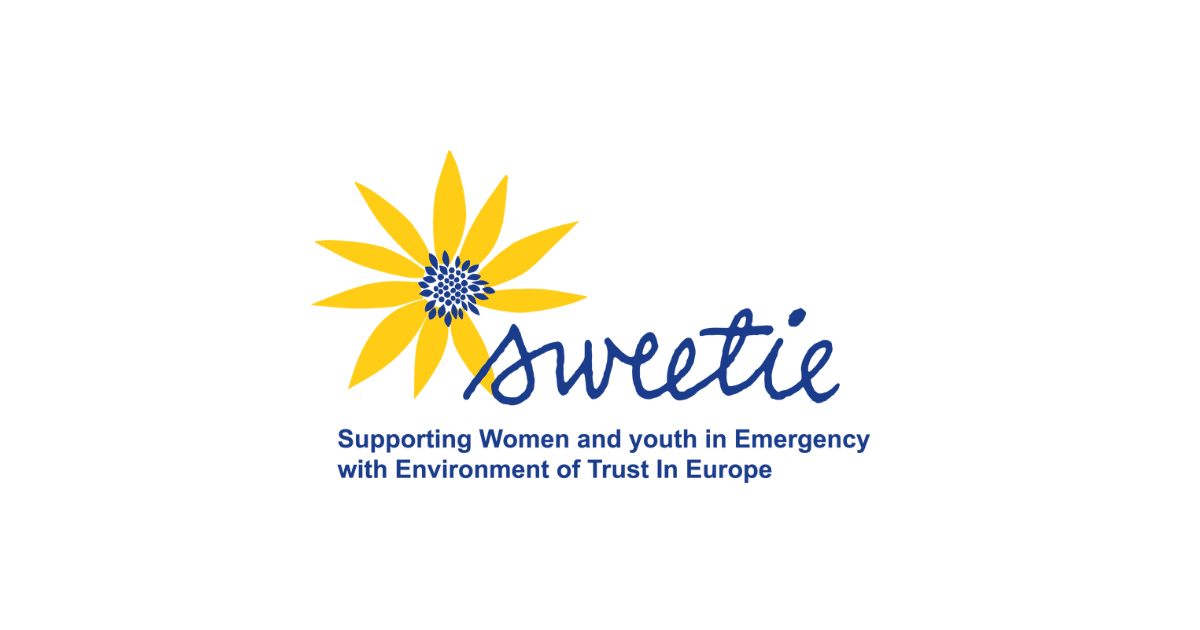Supporting Women and youth in Emergency with Environment of Trust In Europe
SWEETIE aims to support the integration and inclusion of Ukrainian refugees, focusing on improving access to essential services and strengthening community support in Italy, Poland, and Greece.
GA number: ESF-SI-2024-UA-01-0035
Funded by: ESF Duration: 10/04/2024 – 10/10/2026

Challenge
The displacement of Ukrainians due to conflict has created one of the largest refugee movements in Europe. According to the latest 2024 data, 950.000 Ukrainian refugees live in Poland, 192.760 in Italy, 28.190 refugees are hosted in Greece (source OECD), out of 5.930.400 Ukrainians recorded in Europe. The migratory influx from Ukraine has a clear women dimension (70%).
The EU’s Temporary Protection Directive grants refugees access to welfare, housing, and education. However, refugees still face fragmented and underfunded social and labour systems. Language and cultural barriers, lack of gender-sensitive services, and no formal feedback mechanisms limit their access to rights. Many refugees work in low-paid, irregular jobs despite holding secondary or higher education qualifications. Housing conditions are often precarious and informal, restricting access to social services.
In this context, more coordinated efforts are needed to improve inclusion, address vulnerabilities, and ensure equitable access to rights and services.
Innovation
The SWEETIE project fosters the social inclusion of refugees from Ukraine, with particular attention to women and young people, who make up the majority of those displaced. By placing these groups at the centre, the project works to improve their access to welfare services and labour markets, including employment, education, and healthcare, in host countries. To make this possible, SWEETIE engages public service staff and professionals, members of the Russophone diaspora, and Ukrainian refugees themselves in joint efforts to co-develop solutions that improve existing services and policies.
Action

Funded by the European Union. Views and opinions expressed are however those of the author(s) only and do not necessarily reflect those of the European Union. Neither the European Union nor the granting authority can be held responsible for them.
Project Partners



